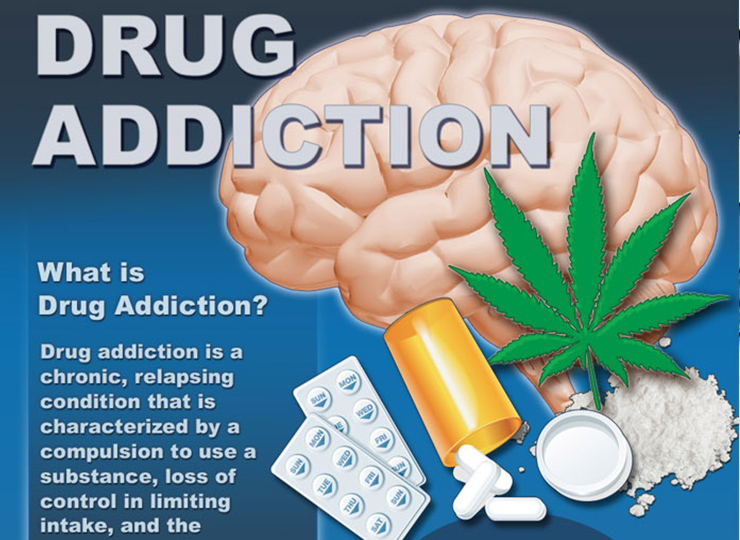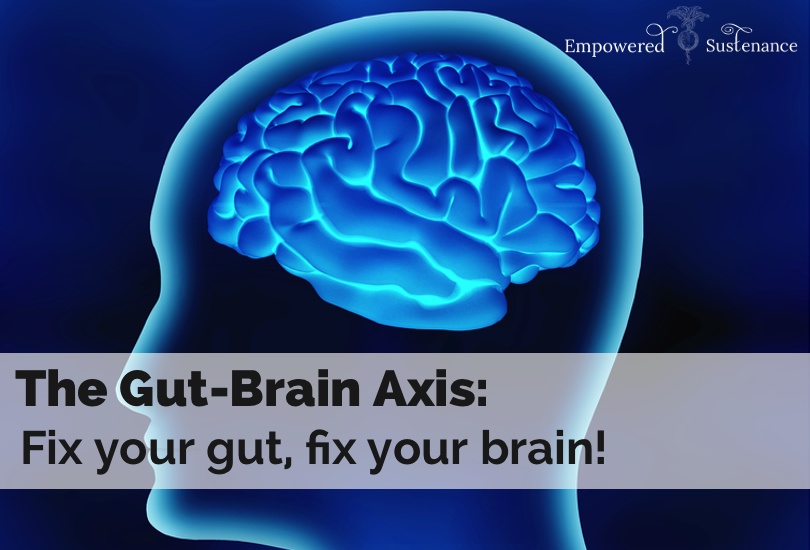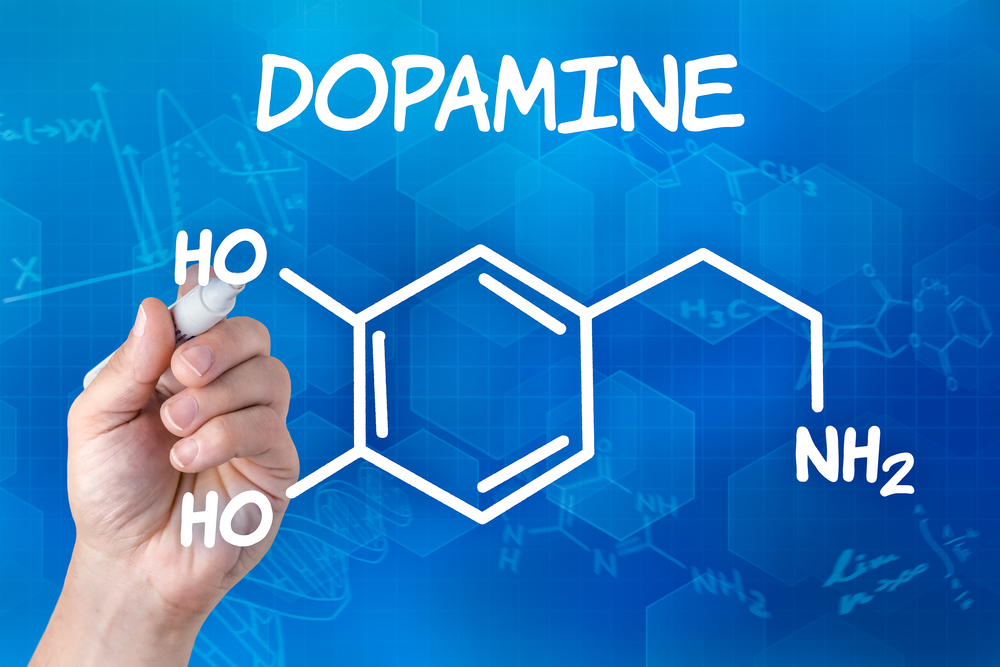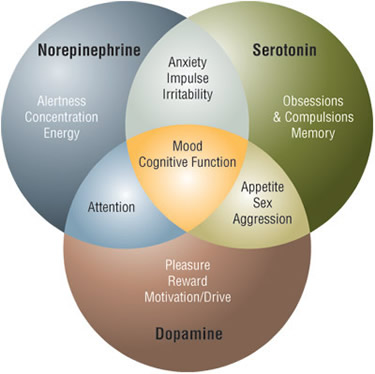Dopamine impact in substance abuse
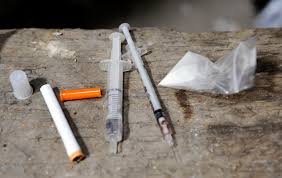
The distinction between substance abuse and addiction is often very confusing, nonetheless knowing the distinction marks the beginning of proper healing from the scourge of addiction
Dopamine impact in substance abuse: The brain reward center
Drug seeking and craving to the brain is very interesting more so when considering how the brain functions. It is true that the brain has evolved over time in a way that ensures human survival. And in fact, our brain’s reward system is part of that survival system. In many instances, we often experience an urgent need for food whenever we are starving and generally have a powerful desire for sex too. All these happens because of the dopamine impact. And according to doctor Dalal Akoury MD and founder of AWAREmed Health and Wellness Resource Center, the brain’s reward system rewards food and sex because they ensure our survival. Unfortunately, drugs of abuse operate within these reward systems which leads people to experience an urgent need or powerful desire for drugs or addictive activities.
The brain’s reward system has ensured our survival. You may not have known but food, water, and sex are some of the elements that activate the reward system. Therefore when the brain’s reward center is activated, it releases dopamine. Dopamine then creates a pleasing, enjoyable sensation which then motivates us into repeating these behaviors which are necessary for our survival. The reason why this is happening is because dopamine has rewarded us with a pleasurable feeling. Doctor Akoury recommends that from an evolutionary standpoint of view, it is very helpful to have a reward system that works. Like for instance, imagine that there is very little food and you’re wandering around looking for food. When you finally find something to eat, this triggers your reward system. This pleasing feeling (dopamine “reward”) will associate with whatever behavior that led you to that food. This causes you to want to repeat that behavior.
Moreover, the reward system is closely tied to emotional and subjective memories. If you were successful and found food in a particular place for instance, in the future you will want to look for food in the same location. This reward system increases the likelihood that you will be successful in finding food there the next time. This is because your brain chemicals are rewarding you with a pleasing sensation. It also helps you to remember how and where this pleasant feeling occurred.
Dopamine impact in substance abuse: The negatives of reward sensations
It will come to you as a surprise that the element that motives your survival is, unfortunately, the very same reward system that ensures your survival also rewards drug use. Doctor Akoury says that all addictive substances and activities will trigger the release of dopamine which rewards us with a pleasant sensation thereby succeeding in motivating us to continuously indulge in these harmful behaviors. It is nowadays common knowledge that peoples with addiction problems will do all it takes to get their drug of choice and in the same way, they continue with their addiction despite the harm it causes to themselves or their loved ones.
It is therefore very important to note that all these characteristic of addictive behaviors arise from the brain’s pleasure and rewards centers. Therefore seeking for lasting solutions becomes a must to do for all victims. This may not be a very popular thing owing to the addictiveness of some of these drugs, but nonetheless, it is the best option if you want to have a healthy life that is free from all sorts of addiction. You can schedule an appointment with doctor Dalal Akoury for the commencement of your journey to recovery.
Dopamine impact in substance abuse: The brain reward center
http://regenerativepotential.com/wp-admin

